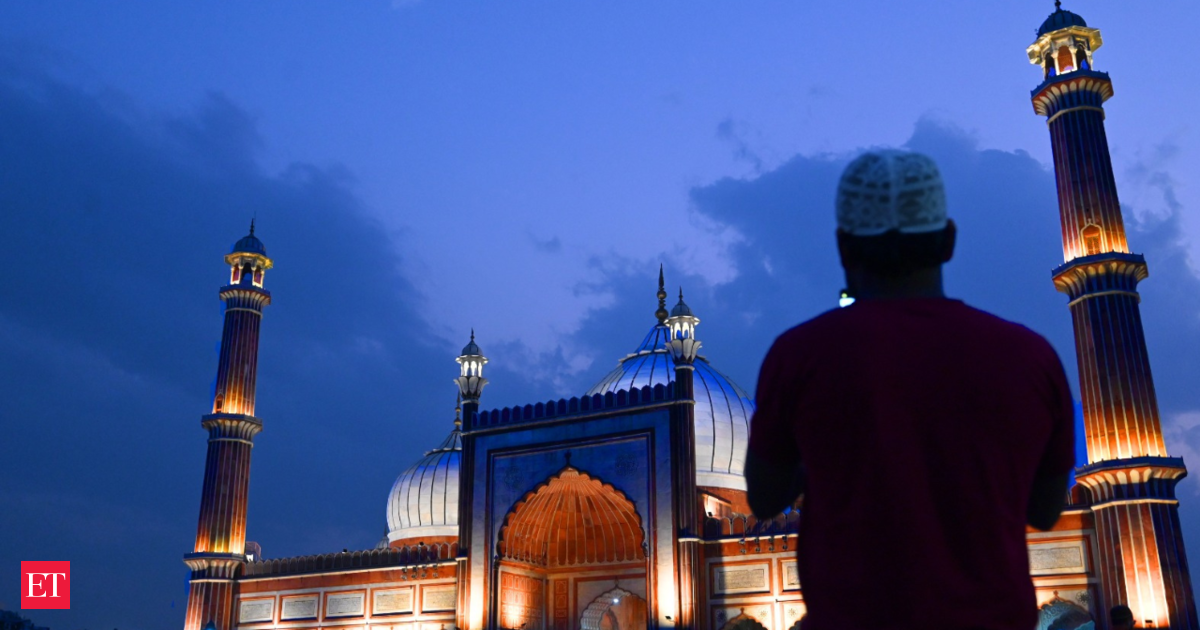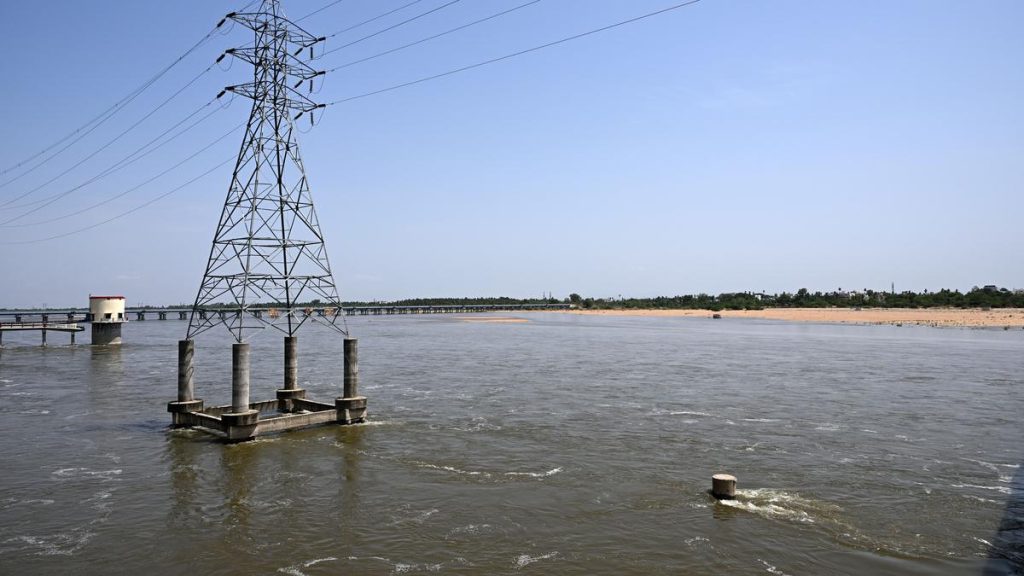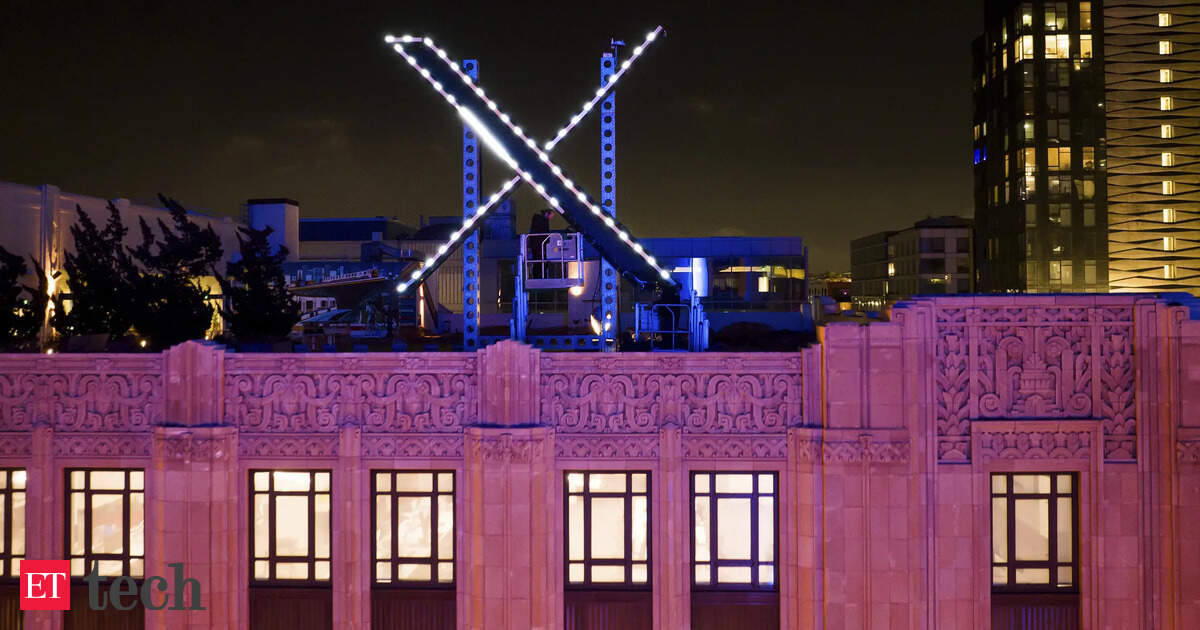Now Reading: Jama Masjid Closed on Lailat-ul-Qadr; Kashmiri Pandits Question ‘Normalcy
-
01
Jama Masjid Closed on Lailat-ul-Qadr; Kashmiri Pandits Question ‘Normalcy
Jama Masjid Closed on Lailat-ul-Qadr; Kashmiri Pandits Question ‘Normalcy

Quick Summary
- The authorities in Kashmir have disallowed Lailat-ul-Qadr prayers at the historic Jama Masjid in Srinagar, which has drawn widespread condemnation from political and social groups.
- Mirwaiz Umar Farooq, who traditionally leads prayers at Jama Masjid on this night, stated that the Auqaf managing Jama Masjid’s affairs was informed that nightly prayers would not be allowed. He criticized the decision as “regrettable and condemnable,” describing it as insensitive to faithful worshippers.
- The Kashmiri Pandit Sangarsh Samiti (KPSS) questioned whether this reflects normalcy in jammu & Kashmir post Article 370’s abrogation, arguing that true normalcy lies in permitting religious activities freely.
- Former Chief minister Mehbooba Mufti condemned the move, calling it an act of “collective punishment imposed on Kashmiris” and challenging the narrative of restored normalcy in J&K.
- National Conference legislator Tanvir Sadiq expressed disappointment over denying tens of thousands their ability to seek spiritual fulfillment on a night central to their faith.
Indian Opinion Analysis
The closure of Jama Masjid during Lailat-ul-Qadr highlights a broader tension between administrative measures aimed at security or control and concerns over religious freedom for Kashmiri Muslims. While authorities may see restrictions as essential for public safety or law enforcement amid past regional challenges, critics argue such decisions undermine efforts to showcase post-Article 370 normalcy. Religious observances hold deep cultural importance across communities; disruptions can lead to profound discontent while fostering narratives questioning governmental intent or sensitivity toward local traditions.Given how widely cherished Lailat-ul-Qadr is globally among Muslims, decisions affecting its celebration resonate deeply not just within Kashmir but throughout India’s diverse religious landscape. To ensure societal harmony and strengthen trust post-conflict or transition periods, balancing security needs alongside citizens’ religious rights remains critical for enduring stability.


























